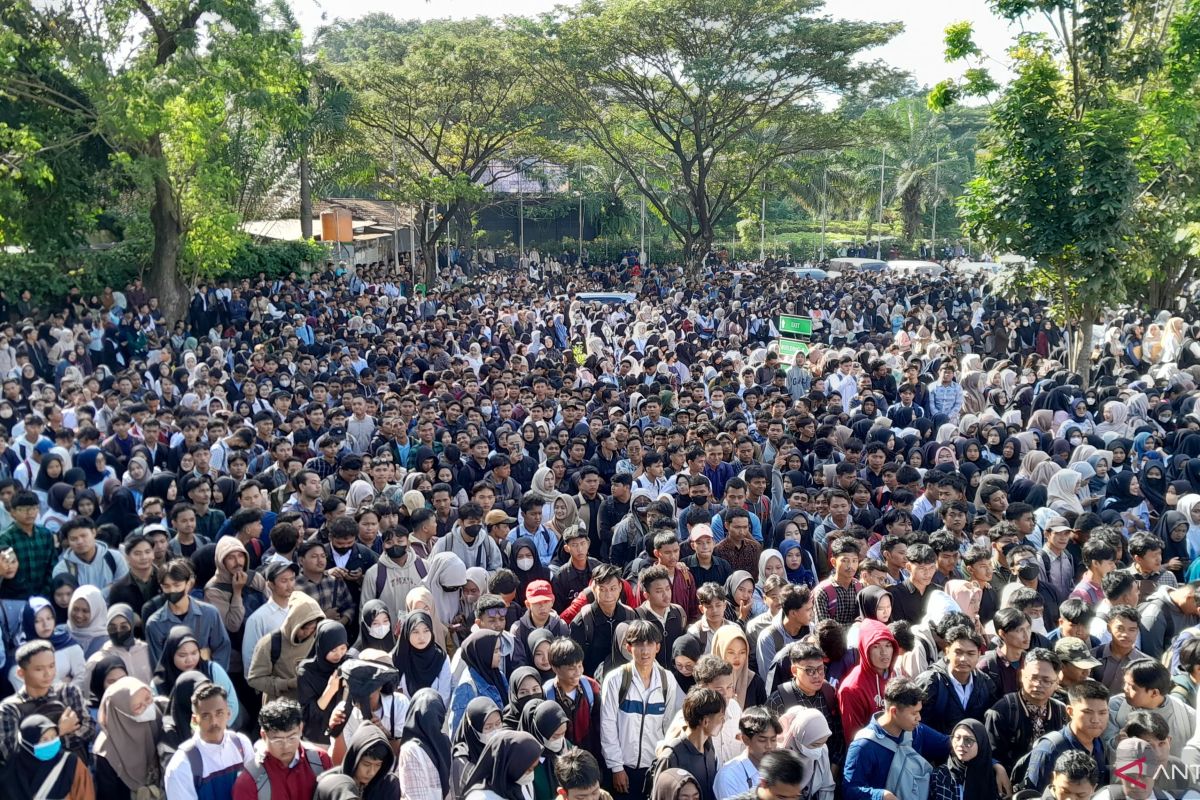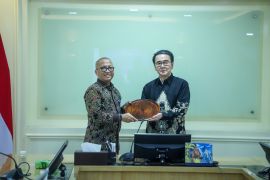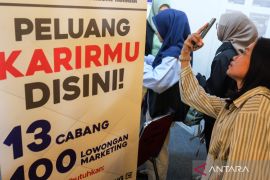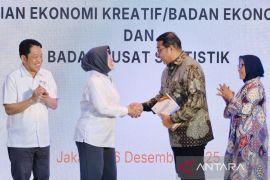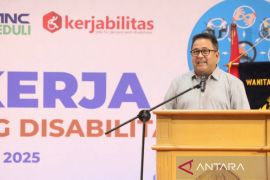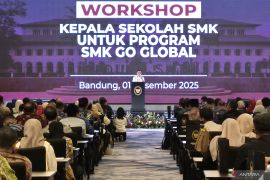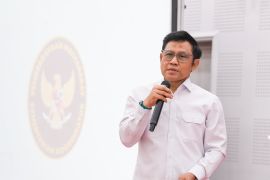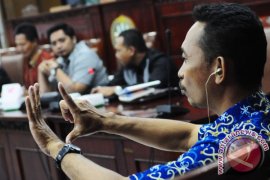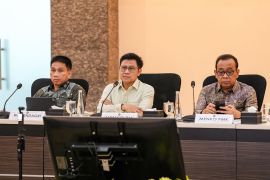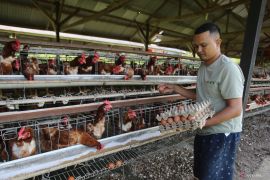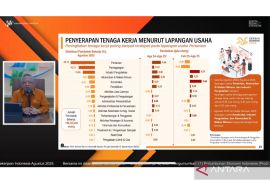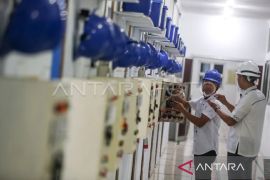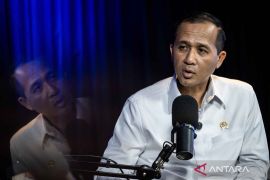Based on Statistics Indonesia (BPS) estimates, Indonesia’s population will reach around 284.4 million in 2025, reflecting a growth rate of 1.11 percent per year.
This population growth has come amid projections of a demographic dividend peak in 2020–2030. A demographic dividend is marked by the domination of the working-age population (15–64 years) in a country’s population structure.
Indonesia’s demographic dividend offers significant potential that must be tapped properly by the government to push economic growth. By leveraging its young workforce to boost productivity, for one. After all, human resources are the most valuable assets of a nation.
However, looking at the current employment situation in Indonesia, can this opportunity be seized?
Related news: Govt addresses IMF unemployment projection with initiatives
Challenges
The threat of layoffs is looming large in the country, with thousands of jobs terminated recently, including those in labor-intensive sectors. This has affected not only the lives of the workers but also the families they support.
According to data from the Ministry of Manpower, at least 26,455 Indonesians were laid off as of May 20, 2025. The highest number was recorded in Central Java at 10,695.
With increasing layoffs, the number of unemployed will rise. This will ultimately depress people’s purchasing power or consumption.
The International Monetary Fund (IMF), based on the World Economic Outlook April 2025 Edition, predicted that the unemployment rate in Indonesia will reach 5 percent in 2025, up from 4.9 percent last year.
According to Manpower Minister Yassierli, the IMF projection is a wake-up call for the government to continue seeking relevant and continuous solutions proactively.
“We need to be proactive to harmonize all technical ministries and monitor job opportunities,” the minister said.
In response to layoffs, President Prabowo Subianto has mandated the formation of a special layoff task force involving various parties, including the government, trade unions, and academicians.
According to Prabowo, the task force will connect workers affected by layoffs with job opportunities.
Related news: Govt to factor in IMF joblessness projection in devising policies: PCO
Inclusive opportunities
Recently, news of a job fair that ended in chaos in Cikarang, Bekasi, raised public concern.
The job fair, which was held in late May, attracted around 25 thousand job seekers, all vying to fill around two thousand to three thousand vacancies.
The incident in Cikarang has given a glimpse of the real situation of employment in Indonesia.
Considering the high potential for Indonesia adding new workers to its labor pool, creating decent jobs in the formal sector is a task that the central government must focus on.
It will also need to be adaptive in the job creation process to keep up with recent developments in work culture.
The government has taken several measures to ensure fair recruitment. It has issued Presidential Regulation Number 57 of 2023, which requires open and transparent reporting of job vacancies through the SIAPkerja platform.
It has also issued a circular prohibiting discrimination in hiring.
Related news: Labor market resilient amid global challenges: minister
Investing in human resources
There are several things that the state must keep in mind to achieve inclusive economic growth.
One of the most crucial is investment in human resources, an economist from the University of Indonesia, Fithra Faisal Hastiadi, said.
This is because job market competition in the current era, especially in the formal sector, not only concerns humans but also the rapid development of technology and digitalization.
A professor at the University of Indonesia, Rhenald Kasali, said that automation and artificial intelligence (AI) could replace human jobs, not only because they are faster, but also because they are more cost-efficient.
Therefore, it is important for the state to be present and review the right strategy for creating jobs, along with accelerating digital technology adoption.
“From the human side, work skills are changing very rapidly, so the ability to adapt to new jobs is needed,” Kasali said.
In a rapidly transforming world, it is essential for people to continue to learn and adopt a lifelong learning approach.
This is especially vital since the younger generation tends to have a purpose-driven mindset: they not only seek jobs that can serve as a source of income but also jobs that provide a sense of purpose.
Thus, investment in skills and knowledge has become crucial. A major transformation must be realized in various sectors, especially education, to bolster the competitiveness of Indonesia’s workforce.
In essence, a great nation is one that has competent and educated people, and not one that relies on exploiting natural resources, which may eventually run out.
Related news: Indonesia's solid economic state draws global attention: Minister
Editor: Rahmad Nasution
Copyright © ANTARA 2025
